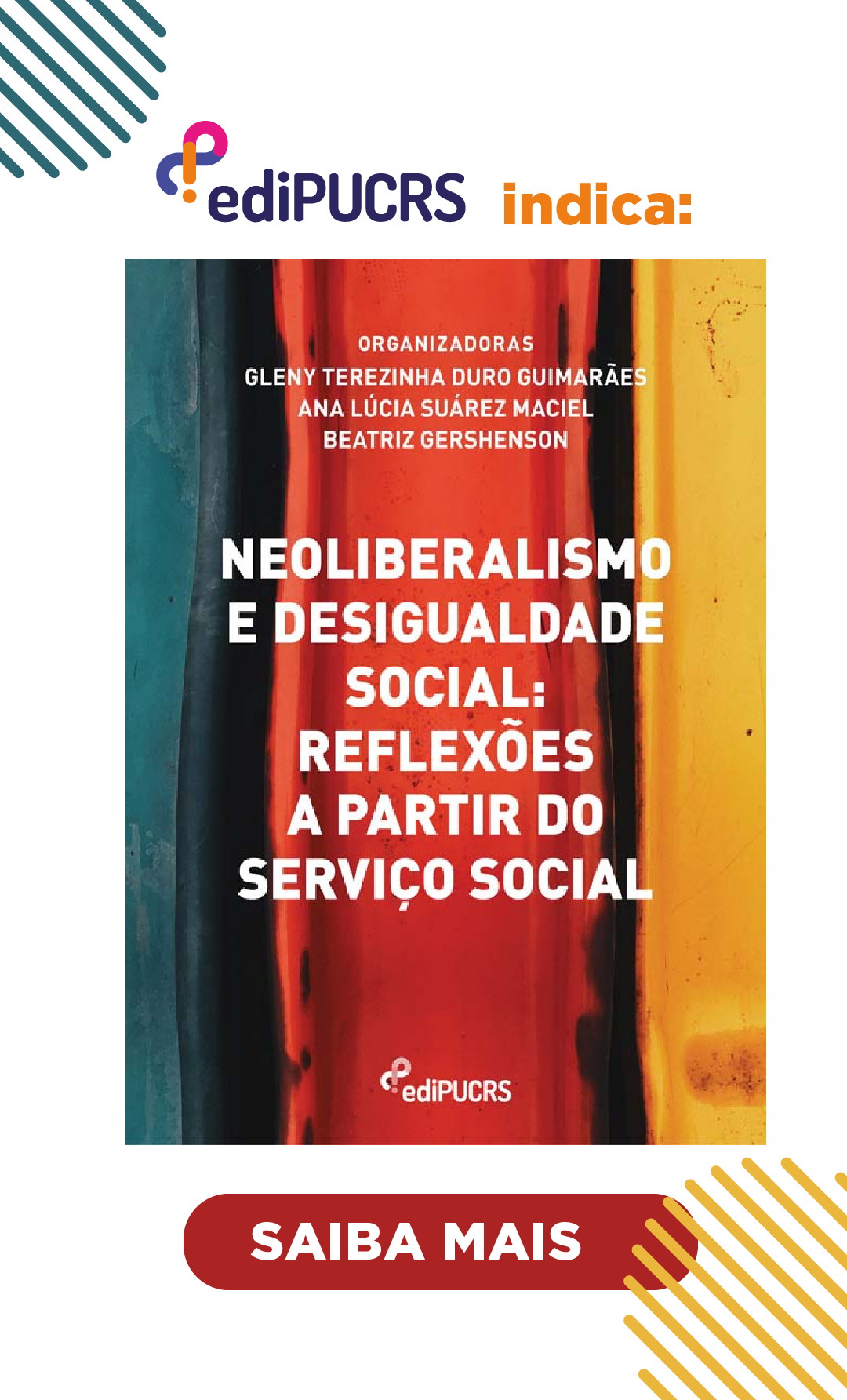The disabled body and the medical model: disability and unconditional cash transfer in Brazil
Abstract
The Continuous Cash Benefit (BPC) is the largest social program targeting disabled people in Brazil. To have access to the benefit, individuals have to be poor and to be evaluated by a medical specialist. This article analyzes the concept of disability adopted by the physicians in charge of the medical evaluation to grant the access to the social program for disabled people. The research was conducted among 448 physicians using a structured questionnaire, which proposed different conditions of disability and evaluated the medical decision. The results show how the social and medical models of disability are used by the physicians in charge of the medical evaluation. There are situations in which the medical model is dominant, situations in which both models are in dispute and others in which both models are equally valid. The study concludes that the comprehension of disability as an issue of social justice is now moving to areas of expertise where the medical model was traditionally hegemonic.Key words – disability, social model, medical model, Continuous Cash Benefit, social justice.
Downloads
Downloads
Published
How to Cite
Issue
Section
License
Copyright
The submission of originals to Textos & Contextos (Porto Alegre) implies the transfer by the authors of the right for publication. Authors retain copyright and grant the journal right of first publication. If the authors wish to include the same data into another publication, they must cite Textos & Contextos (Porto Alegre) as the site of original publication.
Creative Commons License
Except where otherwise specified, material published in this journal is licensed under a Creative Commons Attribution 4.0 International license, which allows unrestricted use, distribution and reproduction in any medium, provided the original publication is correctly cited.





